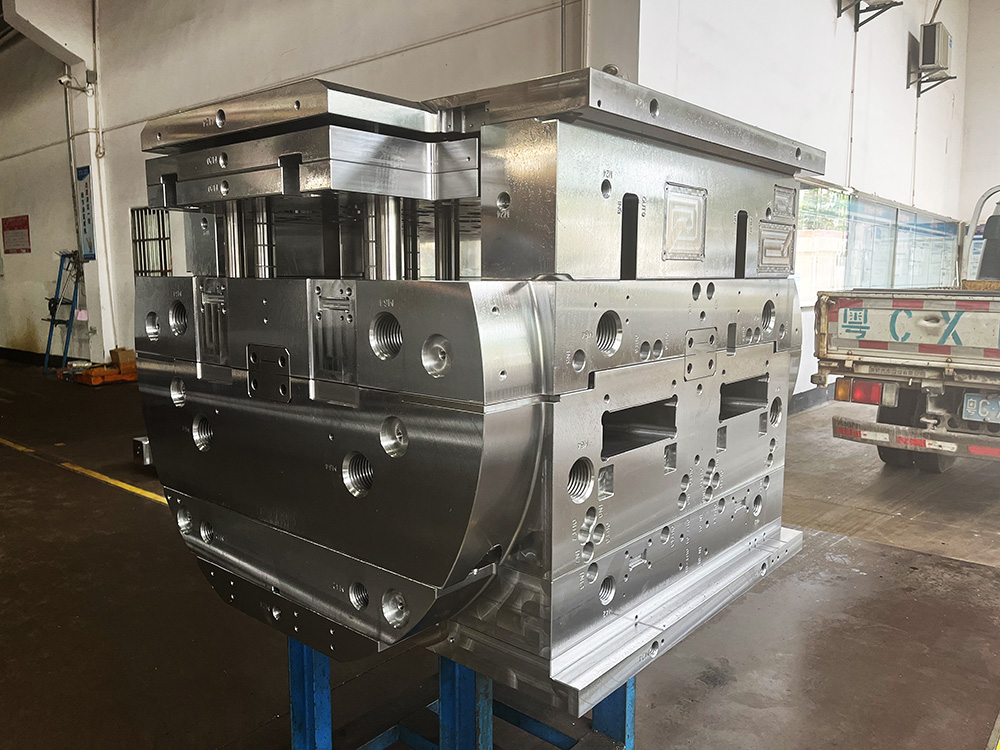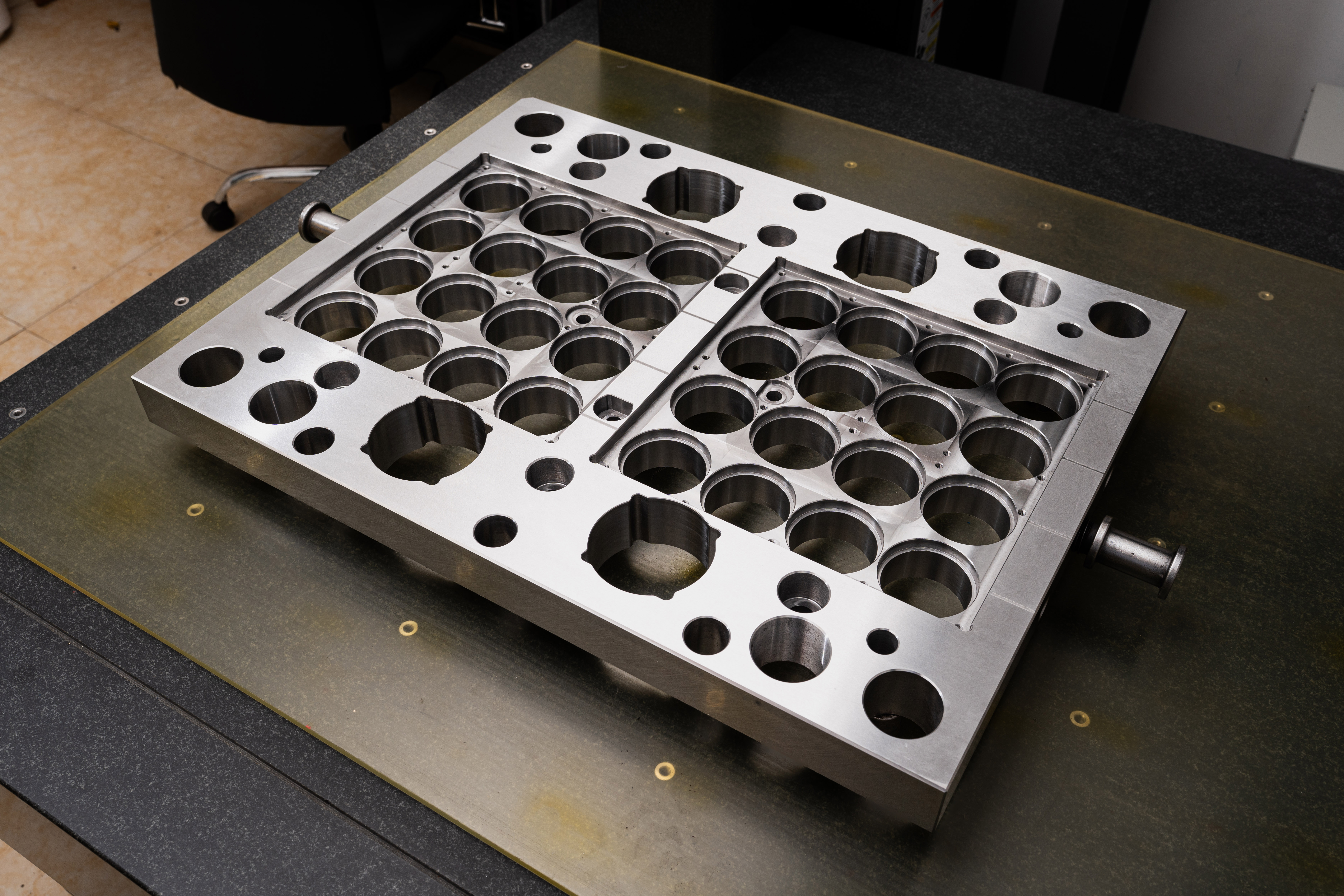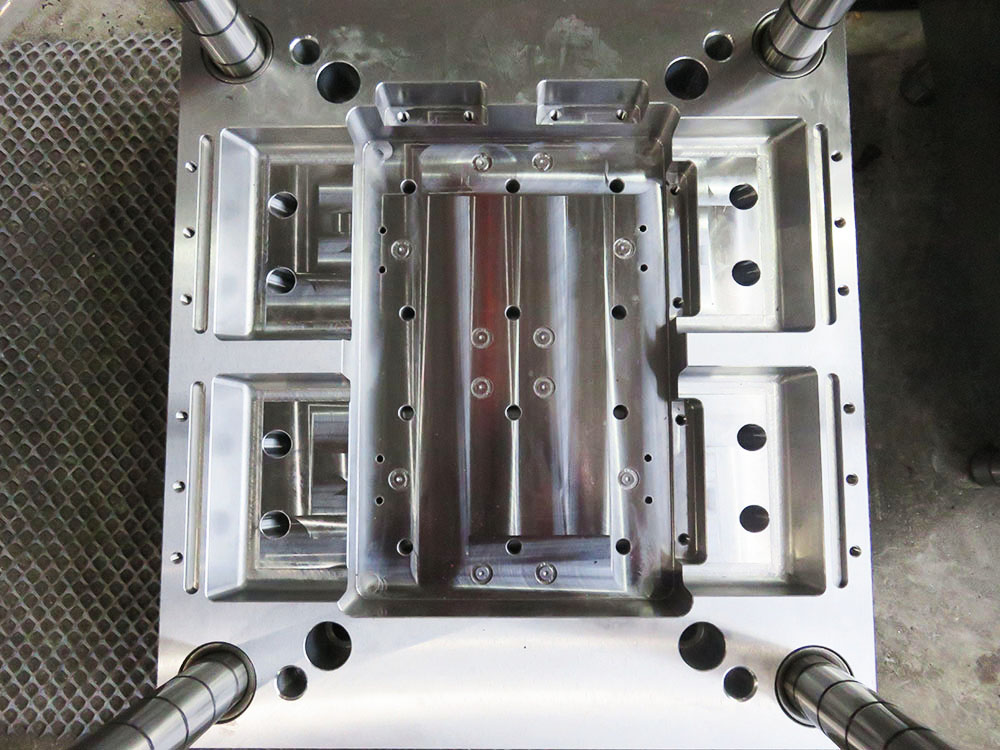How to Use Non-Standard Tooling with the Yansu Toolbox
Introduction:
In the mold base industry, using non-standard tooling can offer a range of benefits such as improved flexibility, increased productivity, and cost savings. The Yansu Toolbox is a powerful tool that enables the efficient usage of non-standard tooling. This article will provide an overview of how to effectively use non-standard tooling with the Yansu Toolbox, highlighting its advantages and practical applications.
Understanding Non-Standard Tooling
Non-standard tooling refers to the use of customized tools or components specifically designed for a particular application or project. These tools deviate from standard industry offerings and are tailored to meet unique requirements. Non-standard tooling may include special inserts, clamps, die sets, or any other component that enhances productivity and efficiency in mold base manufacturing.
The Advantages of Non-Standard Tooling
Using non-standard tooling can significantly improve mold base production processes. The key advantages include:
1. Enhanced Precision: Customized tools ensure precision in critical operations, resulting in superior quality mold bases.
2. Increased Efficiency: Tailored tools optimize workflow and reduce overall production time.
3. Cost Savings: Non-standard tooling can eliminate the need for complex manual adjustments or additional machining, reducing costs.
4. Improved Versatility: Customized tools allow for greater flexibility, enabling the production of diverse mold base designs.
Utilizing the Yansu Toolbox for Non-Standard Tooling
The Yansu Toolbox provides a comprehensive set of features and functionalities for efficient usage of non-standard tooling. Here are some steps to utilize the Yansu Toolbox effectively:
1. Tool Selection: Analyze the specific requirements of the mold base project and select suitable non-standard tooling options from the Yansu Toolbox catalog. Consider factors such as shape, size, material, and functionality.
2. Tool Integration: Ensure seamless integration of the chosen non-standard tools with the Yansu Toolbox. Align the tool interfaces and verify compatibility to prevent any operational issues.
3. Programming: Utilize the Yansu Toolbox's programming capabilities to tailor tooling operations to the specific project requirements. Define tool paths, cutting parameters, and other necessary parameters for the non-standard tools to achieve optimal results.
4. Tool Simulation: Validate the tooling operations using the Yansu Toolbox's simulation feature. Detect and rectify any potential tooling collisions, material interference, or other issues before actual production begins.
5. Tool Maintenance: The Yansu Toolbox provides maintenance guidelines for non-standard tools. Follow these instructions to ensure the longevity and optimal performance of the customized tooling.
Practical Applications
The integration of non-standard tooling with the Yansu Toolbox brings numerous possibilities and applications, including:
- Complex mold base designs with intricate features or internal structures.
- High-precision mold bases for industries such as automotive, aerospace, and medical.
- Rapid prototyping and production of customized mold bases.
- Production of mold bases with unique material requirements or compatibility constraints.
Conclusion
Using non-standard tooling in the mold base industry, along with the Yansu Toolbox, offers immense benefits in terms of precision, efficiency, cost savings, and versatility. By following the outlined steps and leveraging the functionalities of the Yansu Toolbox, manufacturers can effectively integrate non-standard tooling into their mold base production processes, unlocking new possibilities and achieving superior results.




